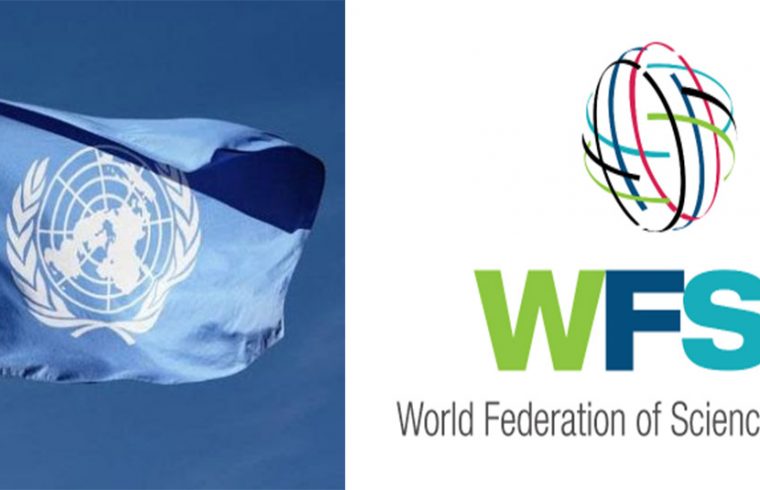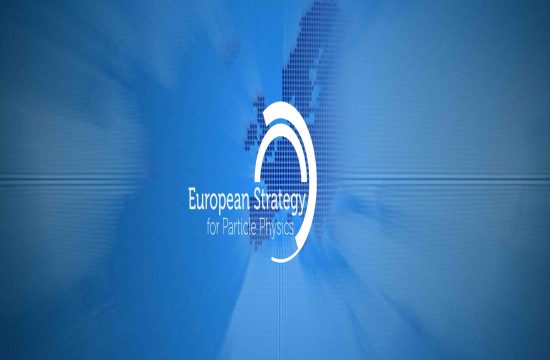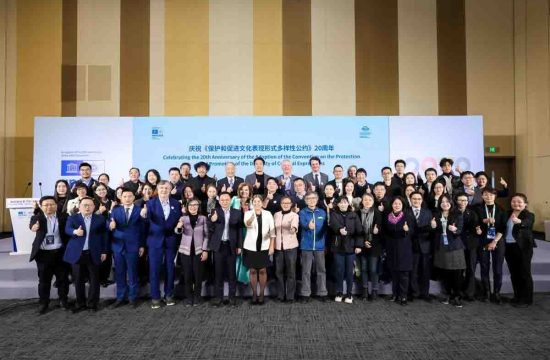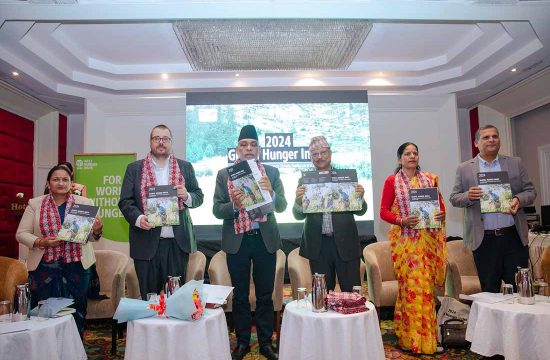
The World Federation of Science Journalists (WFSJ) has recognized as consultative status with the United Nations (UN).
This special recognition allows non-governmental organizations to work through the UN’s Economic and Social Council (ECOSOC) to gain enhanced access to all aspects of this massive international body and its work.
“Consultative status provides us with new avenues for networking and lobbying,” says WFSJ President Milica Momcilovic. “We are entering an exciting frontier where our organization can shape an agenda for science journalists around the world.”
The UN regards this approach as a useful way of enlisting the expertise or informed advice of NGOs to apply their longstanding experience in particular regions and fields. For those same NGOs, consultative status provides an exceptional opportunity to express their views and influence ECOSOC activities.
“This kind of access represents nothing less than an ability to address a global audience on topics that are of vital importance to our members,” says Momcilovic. “It welcomes us into UN premises as a trusted partner whose views will be met with definite respect and authority.”
More specifically, representatives of the WFSJ will be able to attend UN-organized conferences and events, where they can offer written or oral statements and even organize side events.
By way of example, the UN suggests NGOs with consultative status could assume these kinds of responsibilities:
- Providing a well-informed perspective on urgent topics
- Sounding early warnings on problems or challenges
- Monitoring or implementing international agreements
- Raising public awareness of key matters
- Assisting the United Nations in setting and reaching its major goals and objectives
- Contributing essential material for use by the UN
In this light, the WFSJ becomes well placed to promote mutual understanding between cultures through dialogue, including a broad spectrum of ethical, social, environmental, diversity, economic, and health issues that our members regularly encounter in their work. Above all, the role of science journalism in society can now be highlighted in new ways.








